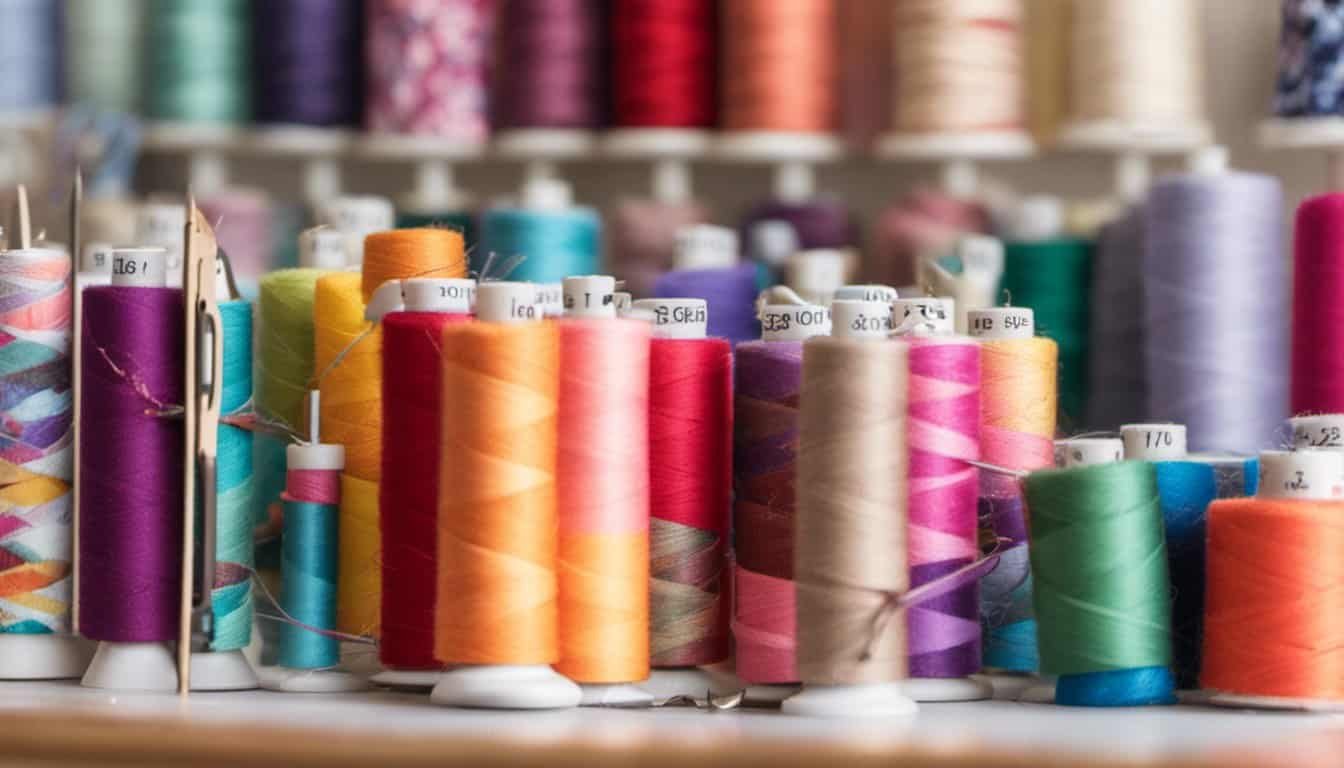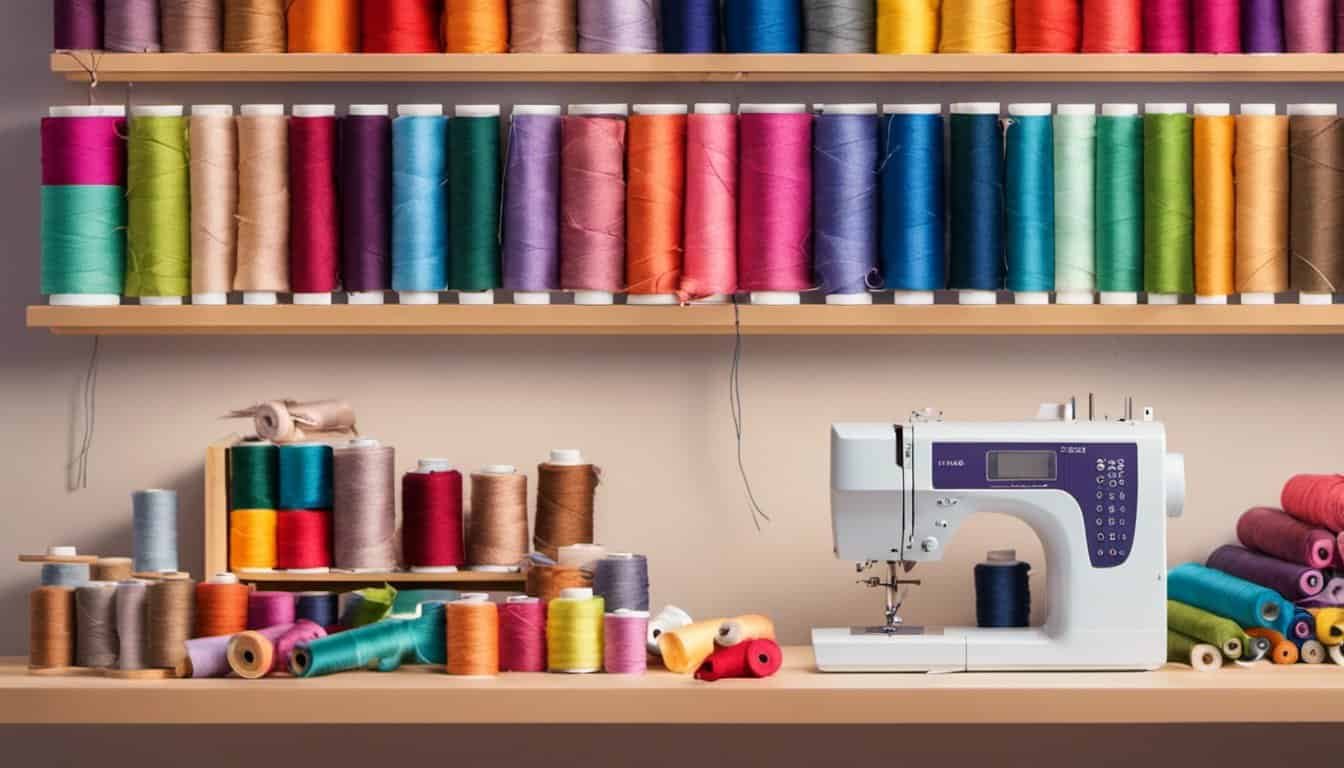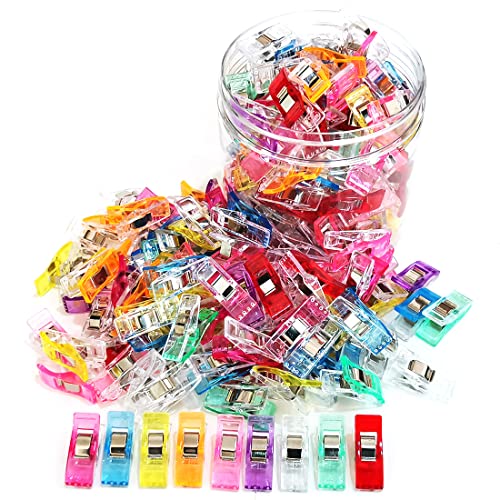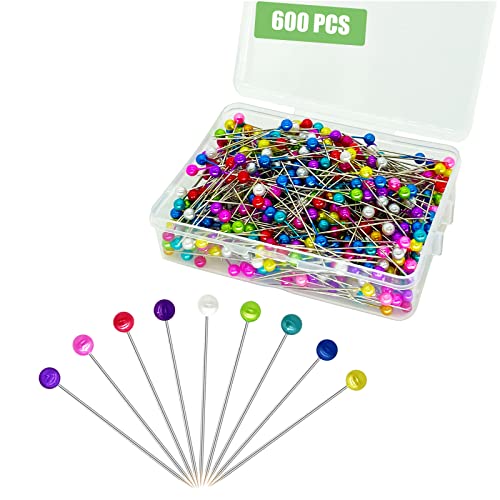Are you tired of your sewing machine struggling with heavy fabrics? Whether you’re working with denim, canvas, or upholstery, finding the right machine can make all the difference. A reliable sewing machine for heavy fabrics isn’t just a luxury; it’s a necessity for anyone serious about their craft.
Understanding Heavy Fabrics and Sewing Needs
Heavy fabrics like denim, canvas, and upholstery present unique challenges in sewing. To tackle these challenges, you’d need a dedicated sewing machine that can handle the rigors of thicker materials.
Types of Heavy Fabrics
Several types of heavy fabrics require specific considerations:
- Denim: Widely used in jeans and jackets, this durable fabric demands a strong machine with a powerful motor.
- Canvas: Common in bags, tents, and outdoor gear, canvas needs a machine that manages thicker threads and heavy-duty needles.
- Upholstery: Found in furniture coverings, this fabric involves multiple layers, which require a machine with a high presser foot lift and robust feed mechanisms.
- Leather: Used in crafting accessories and garments, leather calls for a machine equipped with walking foot attachments and heavy-duty stitching capabilities.
Challenges in Sewing Heavy Fabrics
Sewing heavy fabrics involves tackling several challenges:
- Thread and Needle Compatibility: Matching sturdy threads and heavy-duty needles is crucial to avoid breakages and ensure clean stitches.
- Tension Adjustment: Correctly adjusting the tension settings on your machine prevents skipped stitches and fabric damage.
- Needle Penetration: Ensuring your machine consistently penetrates thick layers without jamming or losing power is essential.
- Feed Mechanism: Strong feed mechanisms help move the fabric smoothly, avoiding bunching or uneven stitching.
- Machine Durability: High-quality construction and metal components increase the machine’s durability under the pressure of heavy fabrics.
Choosing the right machine specifically designed for heavy fabrics enhances your sewing experience, making it efficient and enjoyable.
Features to Look for in a Sewing Machine for Heavy Fabrics
When choosing a sewing machine for heavy fabrics, there are some crucial features to consider that ensure efficiency and durability.
High Motor Strength
A powerful motor is essential for sewing heavy fabrics like denim or canvas. High motor strength allows the machine to penetrate thick layers without stalling. A machine with at least 1.5 amps ensures smooth operation. Models like the Singer 4452 or Janome HD3000 exemplify strong motors suitable for heavy-duty tasks.
Adjustable Presser Foot Pressure
Adjustable presser foot pressure is vital for handling various fabric thicknesses. This feature lets you customize pressure based on fabric weight, preventing material from bunching or slipping. Machines such as the Brother ST371HD and Juki TL-2010Q offer this adjustability, enhancing fabric control.
Sturdy Frame Construction
A sturdy frame construction ensures stability and longevity in a sewing machine. Metal frames provide the rigidity needed for sewing heavy fabrics and reduce vibrations. Opt for machines with all-metal frames like the Singer Heavy Duty 4423 or the Janome HD1000, which maintain structural integrity during challenging sewing tasks.
Top Sewing Machine Models for Heavy Fabrics
Choosing the right sewing machine for heavy fabrics can be a game-changer in your sewing projects. Here, you’ll find the best options available for mechanical and computerized models.
Mechanical Models
Singer Heavy Duty 4423
The Singer Heavy Duty 4423 boasts a powerful motor and durable metal frame. With a sewing speed of 1,100 stitches per minute (spm), it’s ideal for heavy fabrics like denim, canvas, and upholstery. The adjustable presser foot pressure enhances fabric control, ensuring smooth and even stitches.
Janome HD3000
The Janome HD3000 is a robust model known for its reliability. It features a heavy-duty aluminum body and a powerful motor. This machine offers 18 built-in stitches, a one-step buttonhole, and a high presser foot lift, making it perfect for thick materials and layered fabrics.
Brother ST371HD
Designed for versatility, the Brother ST371HD comes with a metal needle plate and heavy-weight needles. It has 37 built-in stitches and a drop feed mechanism for free-motion quilting. The machine’s strong motor and durable build handle heavy fabrics effortlessly, making it a suitable choice for both beginners and experienced sewers.
Computerized Models
Juki TL-2010Q
The Juki TL-2010Q is a high-performance machine with a single-needle lockstitch. This semi-industrial model features an automatic thread trimmer, knee lifter lever, and adjustable presser foot pressure. It’s capable of sewing up to 1,500 spm, making it ideal for heavy fabrics and quilting projects.

Janome HD1000
Though not fully computerized, the Janome HD1000 bridges mechanical and computerized functionalities. It’s equipped with a sturdy metal body and 14 built-in stitches. The high presser foot lift and adjustable pressure make it well-suited for thick fabrics, ensuring consistent and high-quality stitches.
Singer 4452
The Singer 4452 combines durability with computerized precision. It offers 32 built-in stitches, including basic, stretch, and decorative options. With a powerful motor and heavy-duty metal frame, this machine can sew through multiple fabric layers swiftly. The programmable needle position and one-step buttonhole enhance your sewing experience.
Maintenance Tips for Sewing Heavy Fabrics
When sewing heavy fabrics, keeping your machine in top condition ensures consistent performance and longevity. Following a few crucial maintenance practices can make a significant difference.
Regular Cleaning and Oiling
Clean your machine after every project involving heavy fabrics. Dust and lint from materials like denim and canvas can accumulate quickly, affecting performance. Remove the needle plate and use a small brush to clear out debris. Focus on areas around the feed dogs and bobbin case.
Oil your machine based on the manufacturer’s recommendations. Applying oil in designated points reduces friction and wear, especially critical when handling heavy fabrics. Use high-quality sewing machine oil for the best results.
Needle and Thread Adjustment
« Revolutionize Your Sewing: How to Master Sewing Without Pins for Flawless Results
Transform Your Travels: Discover the Ultimate Wash Bag Sewing Pattern & DIY Guide »
Ensure you use the correct needle size and type for heavy fabrics. Heavier fabrics require needles like size 16/100, 18/110, or denim needles. Using inappropriate needles can lead to breakage and skipped stitches.
Adjust the thread tension to match the fabric’s thickness. Higher tension settings are usually necessary for heavy fabrics. Check your machine’s manual for guidance on tension adjustments. Use strong, high-quality thread to avoid breakage. Threads made from polyester or heavy-duty cotton are suitable choices.
Following these maintenance tips ensures that sewing heavy fabrics is a smooth and trouble-free experience. Regular care and appropriate adjustments can keep your sewing machine working efficiently for years.
Conclusion
Choosing the right sewing machine for heavy fabrics can make a world of difference in your projects. With the right features and a bit of regular maintenance, you’ll find sewing thick materials like denim and canvas much easier. Remember to keep your machine clean and well-oiled and always use the appropriate needles and threads. By doing so you’ll ensure your machine runs smoothly and lasts for years. Happy sewing!













